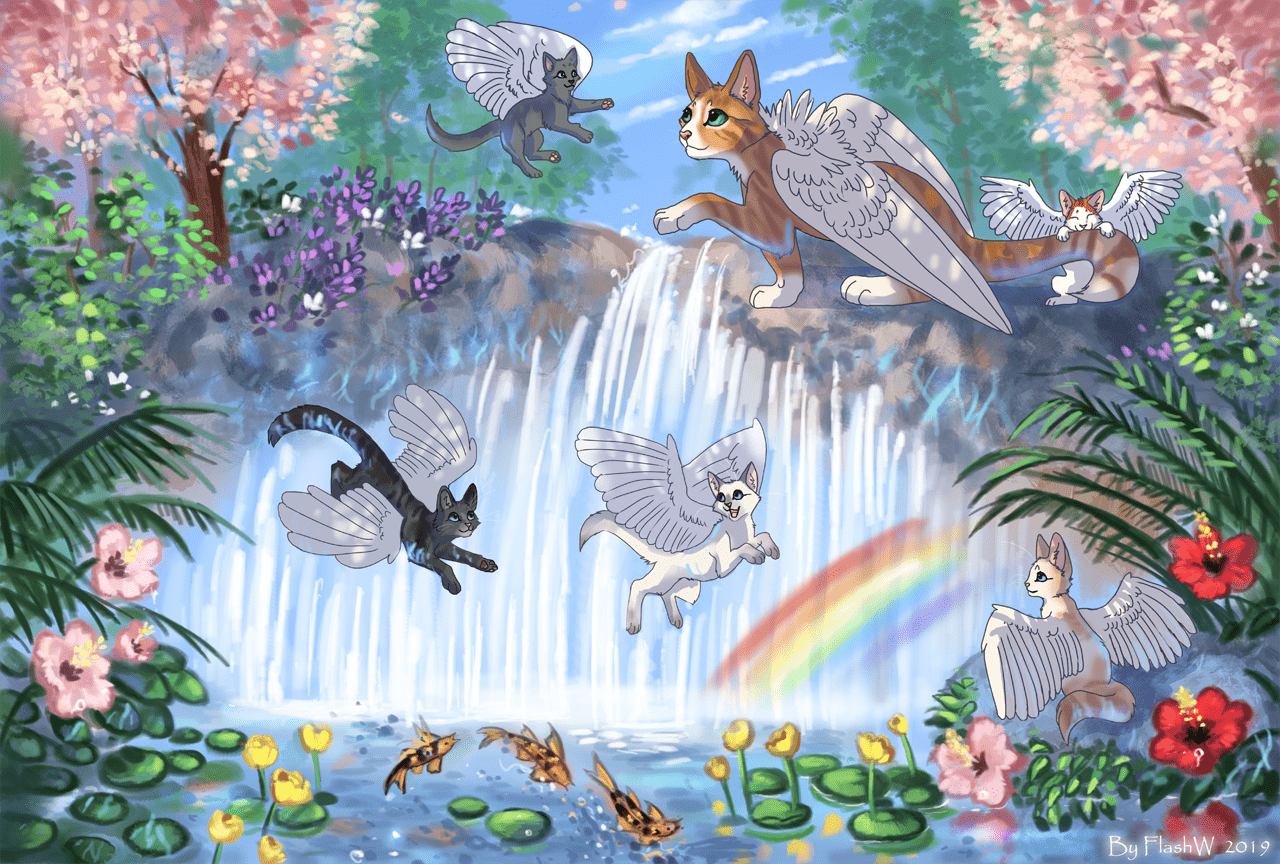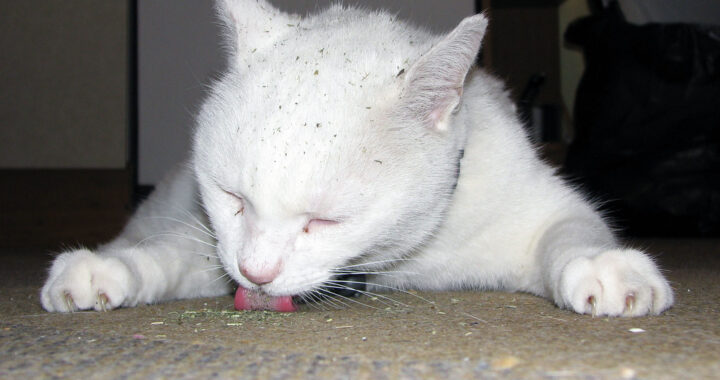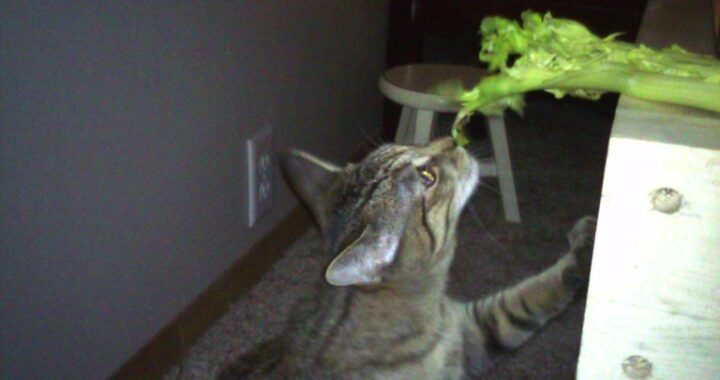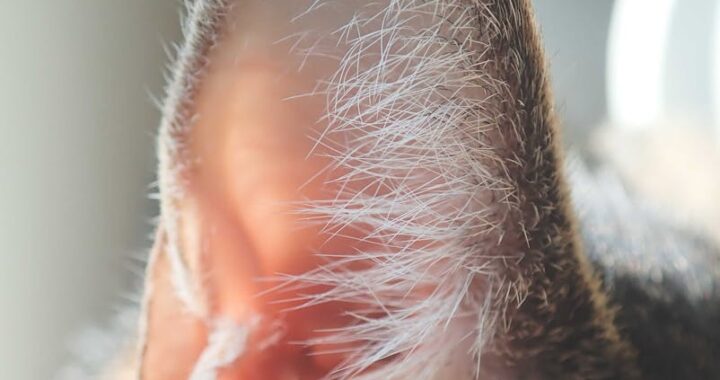
Cat’s Heaven By Flash_lioness
by Nomi Berger
When your cherished cat companion dies, the process of grieving the love you’ve lost is painfully similar to the process of grieving the loss of a beloved family member or friend.
According to the longstanding Kubler-Ross model, there are five stages of grief — denial, anger, bargaining, depression and ultimately, acceptance.
Denial, like the other stages of grief, is different for everyone, and you may even skip it completely. While you’ll eventually come to terms with losing your cat, denying that loss at first is perfectly normal.
You may feel angry at your cat for dying. You may feel angry at yourself, at a disease or at the world in general. This too is normal. HOW you react to your anger is what’s important. It can range from screaming into your pillow, crying or writing down your emotions to going for long runs, working out at the gym or cleaning your home. Whatever the outlet, its purpose is to allow your mind and body time to process your anger.
The key is not staying angry too long. Although nothing can change what’s happened, remind yourself that you’re simply grieving and that being angry is a part of the grieving process. Perhaps the most painful fact to face, however, is that there truly is no time limit to grief.
Bargaining, being the third stage, is when you try to figure out what you could have done differently to prevent your cat’s death. Expressed through such phrases as “if only” and “what if”, it’s also a desperate attempt to try and avoid the grief through a kind of negotiation with a higher power — if you change this, I’ll change that — to bring back your cat.
Depression, as the fourth stage of grief, is characterized by such expressions of sadness as endlessly crying or crying in spurts, sleeping a great deal, not wanting to eat or participate in any of your usual activities, feeling especially lonely and utterly desolate. Honor these emotions, yet find solace in knowing that they’ll be easier to manage as time passes, that they’ll dissipate slowly but surely, and that you won’t feel this depressed forever.
It may take time, but acceptance, the fifth and final stage in the grieving process, is coming to terms with and adjusting to life without your beloved cat. Acceptance doesn’t mean forgetting, nor should it be seen as an act of betrayal. On the contrary, acceptance means celebrating the sweet and unique life your cat lived and acknowledging the fact that no other cat can replace the one you’ve lost. At this point, remembering can finally bring smiles instead of tears.
If you’re uncertain about how to process your own grief, consider the following:
- * Read the magnificent poem “The Rainbow Bridge,” and let the waves of grief wash over you and cleanse you.
- * Surround yourself with people who knew and loved your cat and share all of your feelings together.
- * If you have other pets, spend more quality time with them. Pets, like people, also grieve the loss of their playmates.
- * Put together a photo album, scrapbook or shadow box as a way of reminding you of the happy times you and your cat shared together.
- * Redirect your attention and focus by doing those things you enjoy most.
- * Go online to a forum or support group for people who are experiencing the loss of their own pets.
- * See a grief counselor or therapist because talk therapy is a powerful tool and, in many cases, vital to your personal healing.
- * Consider getting a new cat some day. Never meant as a replacement for the one who died, a new cat may help fill the current emptiness in your heart.







